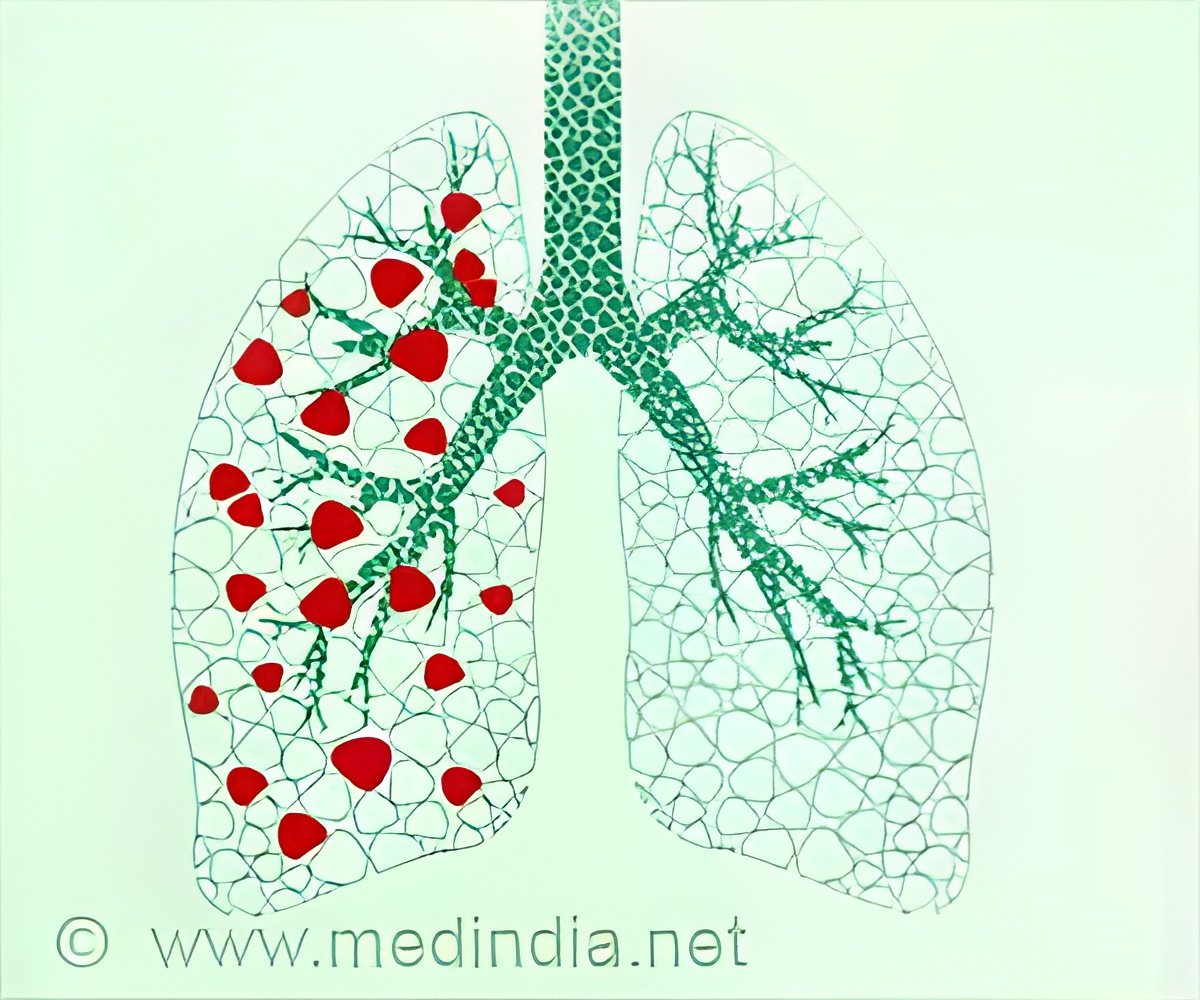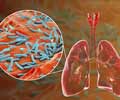Around 7 million people receive record levels of lifesaving TB (tuberculosis) treatment yet 3 million still miss out, reveals a new study.

WHO’s latest Global TB Report says that 2018 also saw a reduction in the number of TB deaths: 1.5 million people died from TB in 2018, down from 1.6 million in 2017. The number of new cases of TB has been declining steadily in recent years. However, the burden remains high among low-income and marginalized populations: around 10 million people developed TB in 2018.
“Today, we mark the passing of the first milestone in the effort to reach people who’ve been missing out on services to prevent and treat TB,” said Dr. Tedros Adhanom Ghebreyesus, WHO Director-General.
“This is proof that we can reach global targets if we join forces together, as we have done through the Find.Treat.All.EndTB joint initiative of WHO, Stop TB Partnership and the Global Fund to Fight AIDS, TB, and Malaria”.
WHO’s latest Global TB Report, released today, highlights that the world must accelerate progress if it is to reach the Sustainable Development Goal of ending TB by 2030. The report also notes that an estimated 3 million of those with TB still are not getting the care they need.
The role of Universal Coverage
Advertisement
Dr. Tedros added: “Sustained progress on TB will require strong health systems and better access to services. That means a renewed investment in primary health care and a commitment to universal health coverage.”
Advertisement
One way to improve coverage is to adopt more people-centered comprehensive approaches. Better integrated HIV and TB programs already mean that two-thirds of people diagnosed with TB now know their HIV status. In addition, more people living with HIV are taking treatment.
But child health programs still do not always focus adequately on TB: half of the children with TB do not access quality care, and only a quarter of children under the age of 5 in TB-affected households currently receive preventive treatment.
Tackling drug resistance
Drug resistance remains another impediment to ending TB. In 2018, there were an estimated half a million new cases of drug-resistant TB. Only one in three of these people was enrolled in treatment.
New WHO guidance aims to improve the treatment of multidrug-resistant TB by shifting to fully oral regimens that are safer and more effective. The guidance is part of a larger package of steps released on 24 March 2019 -- World TB Day -- to help countries speed up efforts to end the disease.
“WHO is working closely with countries, partners and civil society to accelerate the TB response,” said Dr. Tereza Kasaeva, Director of WHO’s Global TB Programme. “Working across different sectors is key if we are to finally get the better of this terrible disease and save lives.”
Source-Newswise













